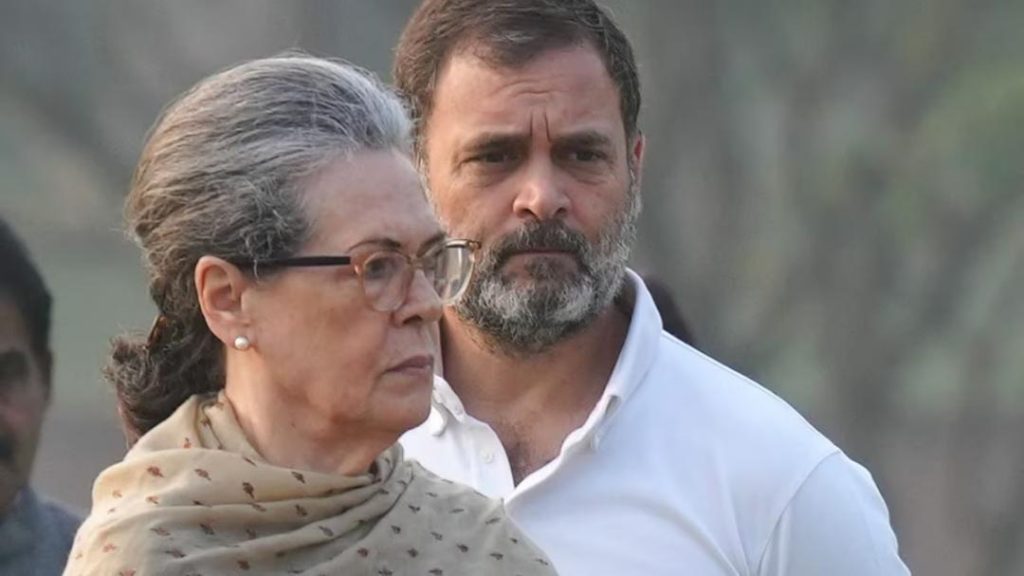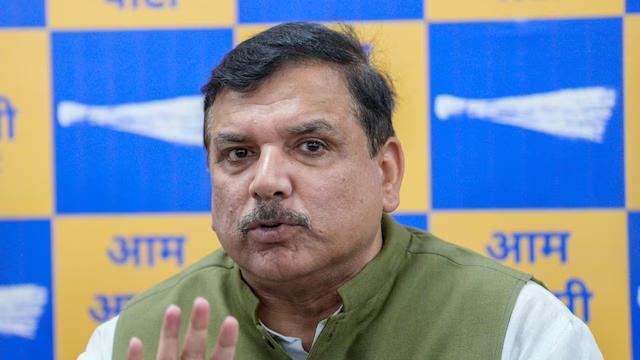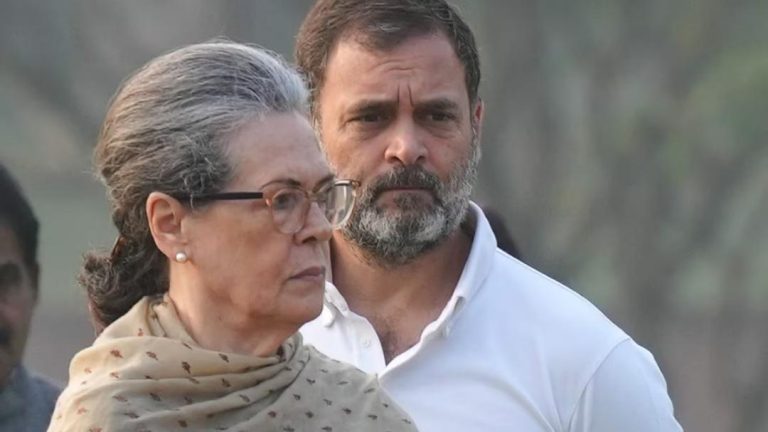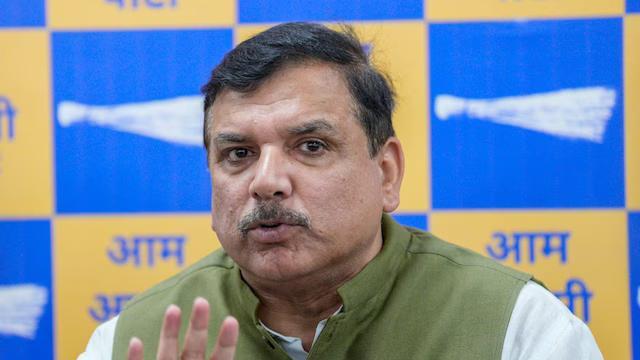
ED Files Complaint against Sonia & Rahul in National Herald Money Laundering Case
In a significant development, the Enforcement Directorate (ED) has filed a prosecution complaint in a Delhi court against Congress leaders Sonia Gandhi, Rahul Gandhi, and Sam Pitroda in connection with the alleged National Herald money laundering case. The case dates back to 2012, when the Bharatiya Janata Party (BJP) leader Subramanian Swamy first filed a complaint against the Gandhi family and others, alleging a fraudulent takeover of properties valued at ₹2,000 crore by Young Indian, a company linked to Sonia Gandhi.
The ED’s move comes after a thorough investigation into the case, which has been ongoing for several years. The agency has accused the accused of laundering funds worth ₹54.72 crore and has sought trial against them. The complaint was filed in the Special Court for Economic Offences under the Prevention of Money Laundering Act (PMLA).
As per the ED’s complaint, Young Indian, a company owned by the Congress leadership, took over the assets of National Herald, a newspaper owned by the Congress party, in 2010. The agency claims that the takeover was fraudulent, and the accused misused the funds for their personal gain.
The case revolves around the alleged misuse of the National Herald newspaper’s assets, which were valued at ₹2,000 crore. The ED claims that the accused, including Sonia Gandhi, Rahul Gandhi, and Sam Pitroda, used the company to launder funds and acquire assets, which were then used for personal benefits.
The ED’s complaint also alleges that the accused failed to repay loans worth ₹90.25 crore to the Associated Journals Limited (AJL), the publisher of National Herald. The agency claims that the accused used the company to siphon off funds and pay off personal debts.
The ED’s case is based on the complaint filed by Subramanian Swamy in 2012, which alleged that the Gandhi family and others had misused the powers of the National Herald newspaper to acquire its assets. Swamy had claimed that the takeover was fraudulent and that the accused had used the company to launder funds and acquire assets.
The ED’s investigation, which began in 2013, has identified several transactions that allegedly involved money laundering. The agency has seized assets worth ₹14.27 crore, including properties, shares, and bank accounts, as part of its investigation.
The ED’s complaint has been filed under sections 3 and 4 of the Prevention of Money Laundering Act (PMLA), which relate to money laundering and the use of proceeds of crime. The agency has sought trial against the accused and has asked the court to frame charges against them.
The development is significant, as it marks the first time that the Gandhi family has been named in a criminal case. The case is likely to have significant political implications, particularly in the run-up to the general elections in 2024.
The ED’s move has been widely welcomed by the BJP, which has been critical of the Gandhi family’s handling of the National Herald assets. The party has accused the Congress leadership of misusing its powers to acquire assets and has demanded a thorough investigation into the case.
The Congress party, on the other hand, has denied any wrongdoing and has accused the BJP of launching a political vendetta against the Gandhi family. The party has claimed that the ED’s complaint is baseless and that the accused have been unfairly targeted by the agency.
The case is likely to be closely watched, as it has significant implications for the Gandhi family’s reputation and the Congress party’s prospects in the upcoming elections. The ED’s complaint has raised several questions, including whether the Gandhi family has any connection to the alleged money laundering and whether they have any explanation for the alleged misuse of National Herald assets.
As the case proceeds, it will be interesting to see how the accused respond to the ED’s allegations and whether they can provide any evidence to support their claims. The ED’s investigation has been ongoing for several years, and the agency has gathered significant evidence, including financial records and witness statements.
The case is a significant development in the ongoing political saga surrounding the Gandhi family, and it has significant implications for the country’s political landscape. As the case proceeds, it will be important to remain impartial and to follow the evidence, rather than making unfounded allegations or jumping to conclusions.




